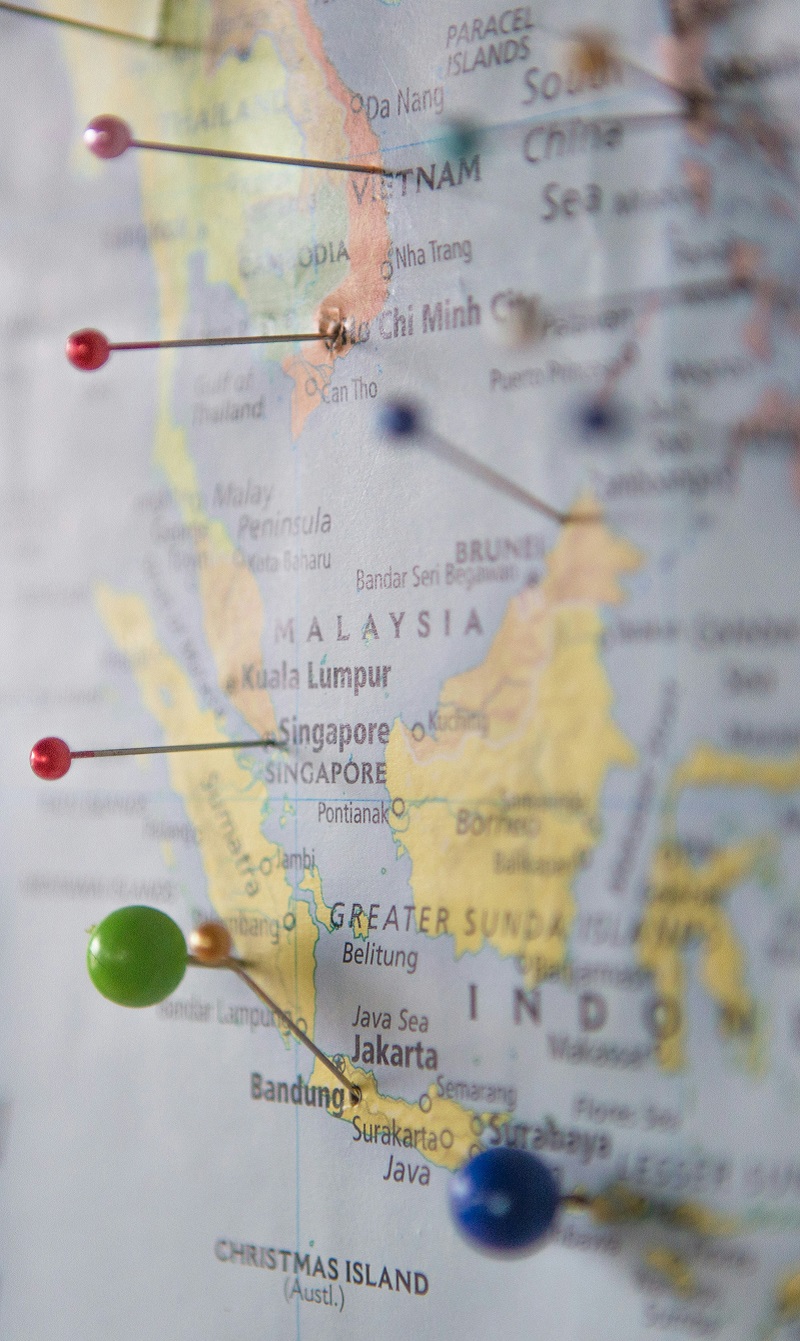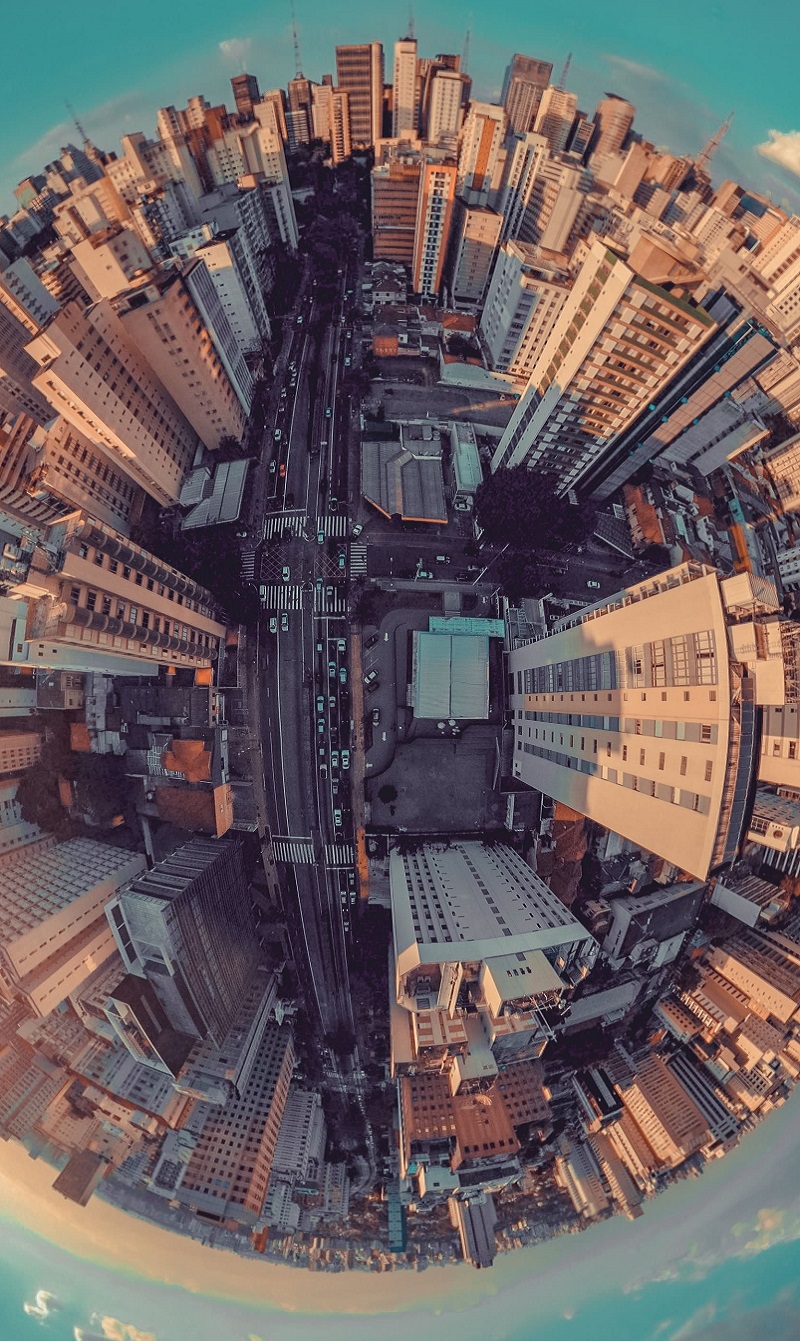The shape of things to come
Though the future of the economic system may be filled with doom and gloom, experts say this paves ways for new growth and creation of new sectors.
Today, there are countries going against their own values of free trade in attempt to solve problems brought on by the 2007 financial crisis. Four economy authorities – Professor Ernesto Pernia, Socioeconomic Planning Secretary of the Philippines, Dr Alexander Böhmer, Head of Division of Southeast Asia’s Organisation for Economic Cooperation and Development (OECD), Dato’ Seri J Jayasiri, Secretary General of the Malaysian Ministry of International Trade and Industry and Mohammad Javad Azari Jahromi, Iranian Minister of Communications and Information Technology – think this isn’t the best decision. During the 13th WIEF in Kuching, Sarawak, these Global Economic Outlook session speakers discussed why an inclusive economic system was necessary and what it should look like.
Iranian perspective
The Iranian Minister of Communications and Information Technology, Mohammad Javad Azari Jahromi, believed that creating trade barriers was an easy fix to trade imbalances. ‘Practicing economic restrictions seldom works in the long term. In contrast, market size, competition, and efficiency are three important notions that should be seriously considered in changing the landscape,’ he noted.
The market size was the determining factor. ‘When the market sizes are small, the overhead cost of providing services or manufacturing products become prohibitive, causing the service and products to become expensive, which sooner or later lead to business closure and failures,’ he added.
Mohammad pointed out that when target market was exclusive to the national boundaries of one country, it lacked the vigour and ability to quickly as well as effectively respond to market dynamics. This, he said, would not be sustainable. He saw the need to devise proper schemes through multilateral trade agreements to enlarge the market size.
The other important factor he raised was of competition, without which, he thought, there wouldn’t be any real incentive to innovate or improve the quality of service. This would ultimately help prepare ventures to compete on a global scale.
The third and last point Mohammad mentioned was the need for a mechanism to ensure the vital steady improvement in efficiency. This comprised a concentration of expertise and other requirements like financial resources and infrastructure.
He recommended an approach that could encompass the requirements and constraints by establishing different hubs in different Islamic countries – each dedicated and focused on one area. Some of the examples he cited were the fintech hub, the information technology hub, the banking hub, the health and medical services hub, among others. Each hub could then provide its product and services to a much larger population, rather than to a smaller national market.
Mohammad proposed that the Organisation of Islamic Cooperation (OIC) in partnership with the Islamic Development Bank (IDB), could undertake a feasibility study – with the objective of preparing a roadmap for establishing a dedicated hub in different Islamic countries based on the availability of expertise and other resources.
Thoughts from the Philippines
The Philippines Socioeconomic Planning Secretary, Professor Ernesto Pernia, said the phrase ‘inclusive growth and development’ was cliché. He explained that it just meant that no one was left out of the development process. ‘It should be more than just advancing material welfare, but about equitability and sustainability, and clearly involved participation and cooperation,’ he said.
Though he mentioned that disruptive change was significantly affecting a still-recovering global economy, he stated that businesses that involved disruptive process such as outsourcing, contributed to 10 per cent of their annual GDP.
To ensure the growth and stability, Professor Ernesto pointed out the need to raise potential output and to propel productivity. This, he suggested needed structural reforms that are supported by growth-oriented fiscal policies. The second point was to strengthen global cooperation. He emphasised the importance of supporting multilateral cooperation in a world that was struggling to preserve global free trade policies.
He also saw the need to establish a rules-based investment regime which could firm up long term expectations. ‘This means that investment regime of any economy must be credible, must have extensive international support, and must aim for sustainability and inclusivity. This can help reduce uncertainty and improve the stability of investment relations,’ he explained.
Trade in Malaysia
With semblance of protectionism or anti-globalisation manifested in Europe, Spain in particular, Dato’ Seri J Jayasiri, Secretary General of the Malaysian Ministry of International Trade and Industry, said that developing and developed countries must deal with these struggles internally.
He said there should be sufficient policies space in government agreements to carry out measures that would address the need for inclusivity. ‘For instance, in the Trans-Pacific Partnership Agreement that we negotiated, for the first time, we actually made our affirmative action policy as part of an international treaty,’ he noted.
Affirmative action policies address the issue of the need for inclusivity for marginalised groups. One of the ways Malaysia was reaching out for inclusivity was the National Blue Ocean Strategy which reached out to remote areas and allowed access to information through the internet.
Tan Sri Abdul Wahid Omar, Group Chairman of Permodalan Nasional Berhad (PNB), Malaysia, saw that it was very important for Malaysia to remain relatively open seeing that Malaysia’s total trade is actually more than 100 per cent of its GDP.
The Organisation for Economic Cooperation and Development (OECD)
Dr Alexander Böhmer, Head of Division of Southeast Asia’s OECD, questioned whether the assumptions he had and what he learnt during his first semester at university was the right market fixes.
One of the problems he saw was that many countries in the world were relying exclusively on tax, including customs, for their government revenues. ‘Now, we’ve seen a worrying effect of globalisation that is that a lot of capital which is mobile is actually able to avoid taxation often in a legal form,’ he observed.
The OECD was set up originally to rebuild Europe for the national plan after the Second World War. Now the OCED has come together with its member countries and a board group of more than 20 to address both the issue of individual and corporate taxation. ‘We started with the individuals in 2009, a first international implement which allows the Indonesian finance minister to call his colleague in Switzerland and say please give me the information about one of my nationals and the amount of their bank account,’ he explained.
There was also a second automatic exchange of information agreement which required the Swiss finance minister to annually report to the Indonesian finance minister which amounts his nationals have in Swiss bank. ‘This was done on the individual side and brought billions back into the treasuries, back into the budgets of the countries where the economic value was actually created,’ he said. ‘A fortune or income or profit needs to be taxed where the economic value has actually been created, even for the corporate side,’ he concluded.
___________________
For more on 13th WIEF and our Foundation’s initiatives, download our 2017 report here.
Photo Credit:
Denys Nevozhai





